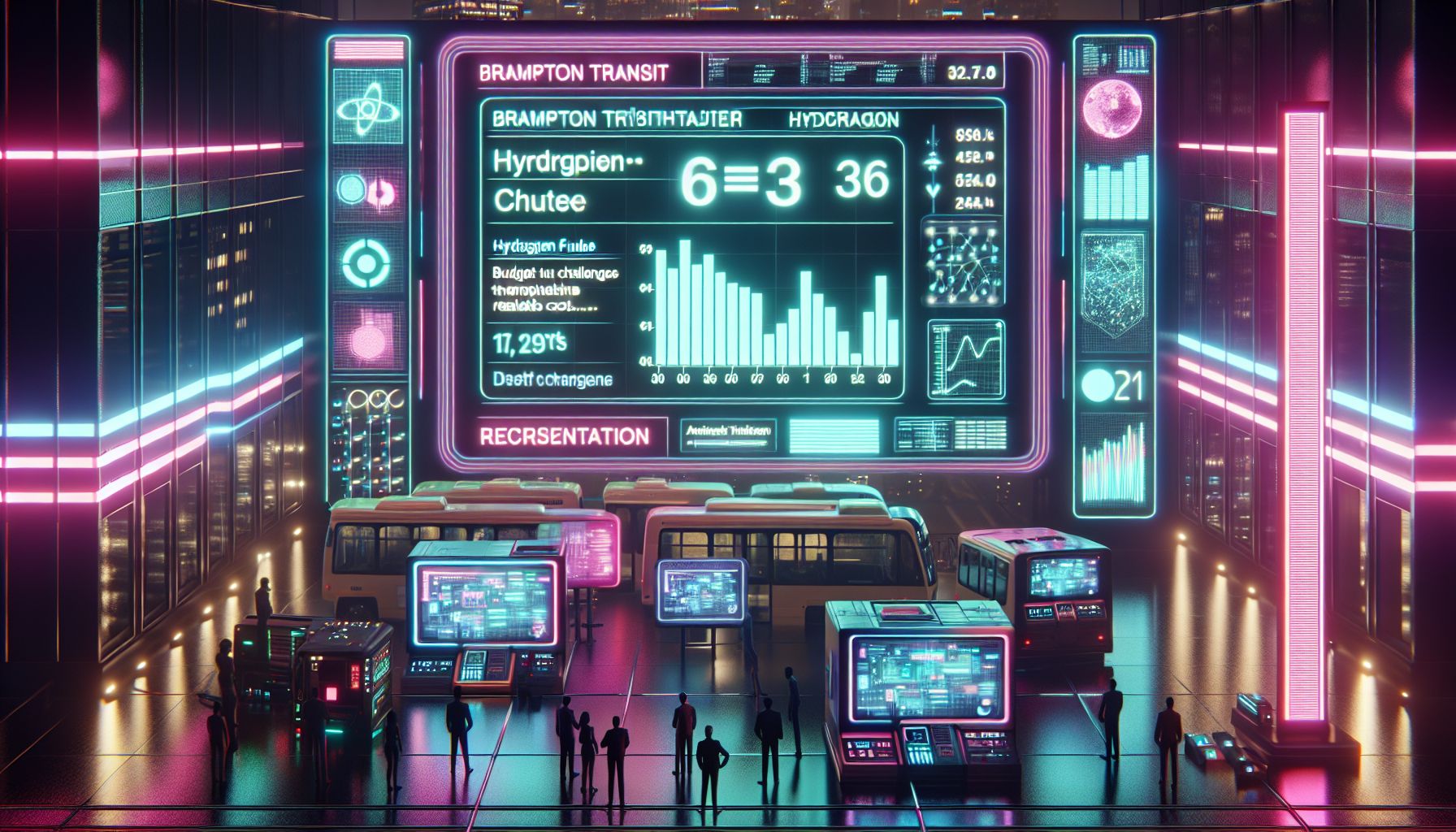Brampton Transit Faces Budget Hurdles Amid Hydrogen Costs Debate

Brampton, Saturday, 21 December 2024.
Brampton’s transit project misrepresents hydrogen as budget-friendly, raising eyebrows. Critics argue costs are underestimated, spotlighting CUTRIC’s contentious role in promoting hydrogen over electric options.
The Cost Controversy
I’ve been analyzing Brampton Transit’s recent study, and the numbers are raising serious concerns. The analysis reveals a staggering $360 million gap in cost projections [1]. What’s particularly troubling is how hydrogen technology is being portrayed as a cost-effective solution when the evidence suggests otherwise. The Canadian Urban Transit Research and Innovation Consortium (CUTRIC) has been actively promoting hydrogen solutions [1], despite mounting evidence challenging their economic viability.
Legal Implications Under Bill C-59
A significant legal challenge has emerged with Canada’s Bill C-59, which received Royal Assent on 20 June 2024 [2]. The law now requires strict truthfulness in environmental claims, with substantial penalties for violations. Companies making unsubstantiated zero-emission claims about hydrogen buses could face fines up to CA$10 million for first offenses and CA$15 million for repeat violations [2]. This puts Brampton Transit’s hydrogen plans under intense scrutiny.
The Emissions Reality
The environmental impact claims are particularly concerning. Recent studies show that hydrogen buses in similar projects are actually producing emissions 3.2 times higher than diesel in some cases [2]. Even in best-case scenarios, projects are only achieving emissions approximately 10% lower than diesel [2]. This contradicts the ‘zero-emissions’ narrative that’s been promoted. Furthermore, hydrogen leakage rates can reach up to 4.2% in well-managed facilities [2], contributing significantly to greenhouse gas emissions.
Broader Transit Context
Looking at other Canadian cities, I see a pattern emerging. Hamilton, for instance, has committed to decarbonizing its transit fleet by 2035 [5], showing that alternatives to hydrogen are being seriously considered across the country. The controversy in Brampton highlights a crucial moment in Canadian transit planning, where decisions made today will have long-lasting environmental and financial implications.